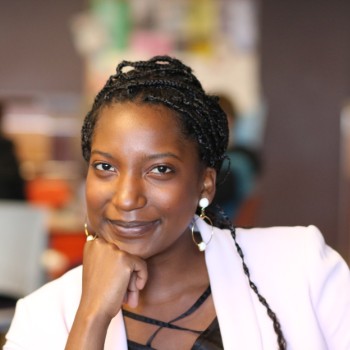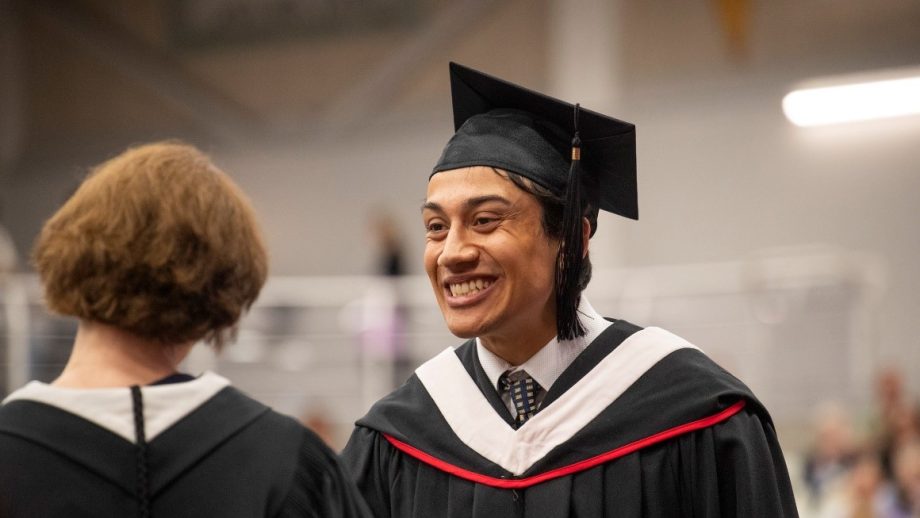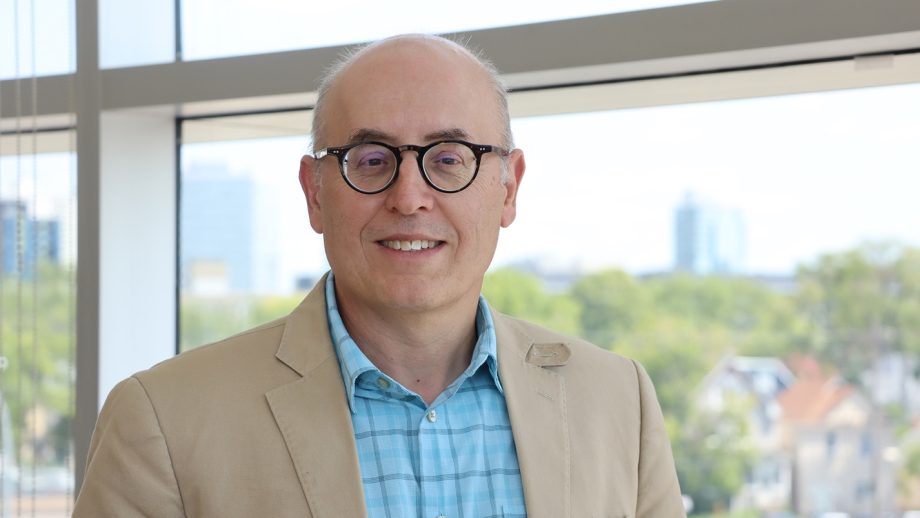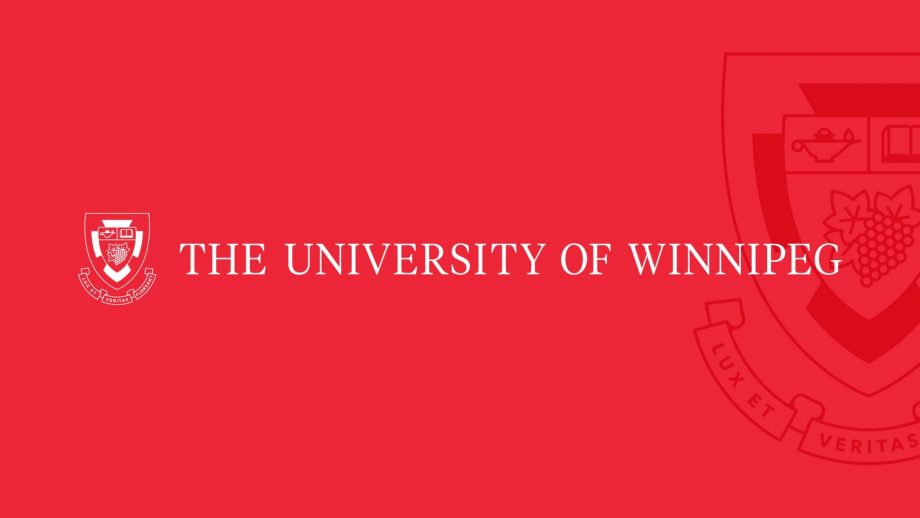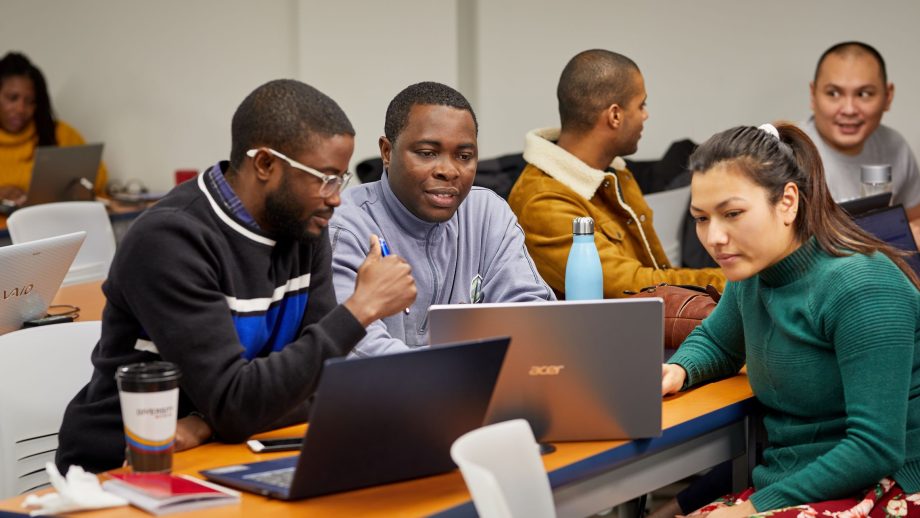Described as a brilliant student by one of her professors, Rachel Smith is keen on languages. Drawn to scripture, Smith thrives on learning ancient languages to better understand the original texts of the old and new testaments. Her love of language earned her a bursary to study Latin at the University of Toronto this past summer.
“Last year, she studied ancient Greek, Latin, and Hebrew at the same time, which is a remarkable feat,” said Dr. Melissa Funke, her ancient Greek professor. “She also brings a great deal of wisdom and experience to her study, which enriched not only her work, but the work of her classmates last year. She is the kind of student that every professor wants in their classroom: engaged, exceptionally bright, and a model of academic generosity with her peers.”
Initially, Smith described her classics experience as foreign, as someone who identifies as a black, Christian woman of immigrant parents, from a family of 12, living in the inner-city of Winnipeg.
“My recent introduction to classical literature has taught me that there is a world by which my own world is constantly affected, but one which I had never been given opportunity — or cause — to accept,” shared Smith. “It contextualized cultural interactions and increased my command of the English language.”
Her summer experience at UToronto was eye-opening. She was so inspired by a course, she wrote an essay that was published to help describe her journey.
It begins:
“While sitting and chatting with my Aunty Annette and my Grandmother Jean (who just turned 104 years old) here in Toronto, I learned that classical studies (especially Latin) were a part of their respective upbringings in the Caribbean, which they looked back upon with fondness.
Individuals like Dr. King Jr. and Ms. Maya Angelou referred quite knowledgeably to the philosophers and orators of old in their writings, speeches, and poems.
Nevertheless, I did not see myself in the Rome or Greece I hear about. Not in its pictures, not in its documentaries, not in its stories. Moved as I was by the imagery, stirred as I was by the poetry, it was the heritage of Europeans and White-American prep school attendees; it did not belong to me. Or so I told myself.
Thus, there was one more level of other-ness which kept me at bay: I always, subconsciously felt rejected by classics. Receiving this bursary to explore, with open arms, the rich linguistic history of Vergil and Cicero this summer did much to remove that stigma within me.
However, it was the unprovoked discovery of Martin Bernal’s Black Athena on the shelves of the classics library’s basement studio one afternoon this summer that moved my heart almost to tears. If there might have been anything that could make me to feel welcomed and validated in classical studies, it was that book — that mirror.”
Currently, Smith is perusing a double major in English and classics. She has many interests, including volunteering her time. Most recently, she volunteered at The Hope Centre, an orphanage in Romania, and plans to return to continue her humanitarian work there.
Smith also maintains a dream. She hopes her colleagues and peers find stories that move them. She encourages them to learn ancient languages.
“I dream that joy and dignity would swell in hearts when they hear of discoveries like Martin Bernal’s,” noted Smith. “I dream that the argument of ‘White Athena’ vs. ‘Black Athena’ would come to its head as new methods and ideas emerge within scholarship.”

